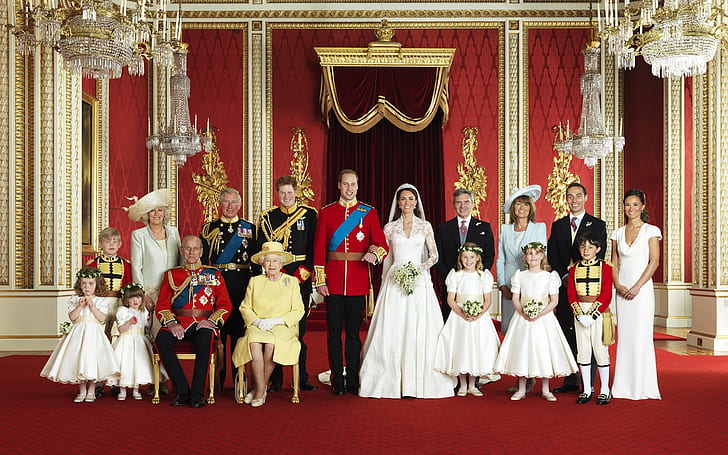
FAQ About Royal Family
Can the Queen be called to testify in court?
In general, the Queen is immune from being called to testify in court. This immunity is based on a legal concept called "sovereign immunity" or "crown immunity," which grants the monarch protection from being compelled to give evidence in legal proceedings.
The principle of sovereign immunity is based on the idea that the monarch is the embodiment of the state and is therefore not subject to the jurisdiction of the courts. This immunity extends to civil and criminal proceedings, meaning that the Queen cannot be called as a witness or defendant in a court case.
However, it's important to note that this immunity does not mean that the Queen is above the law or cannot be held accountable in certain circumstances. The concept of sovereign immunity is designed to protect the constitutional role and neutrality of the monarch, rather than to shield the monarch from legal consequences.
In practical terms, if the Queen were to be involved in a legal matter, it would be handled through other means. For example, legal actions involving the Crown or the government may proceed without directly involving the Queen personally. The monarch's legal interests are typically represented by the Attorney General or other appropriate officials.
It's worth mentioning that there may be exceptional circumstances where the Queen might voluntarily provide information or testimony if she deemed it necessary or appropriate. However, such instances would be exceptional and depend on the specific circumstances and legal advice provided.
